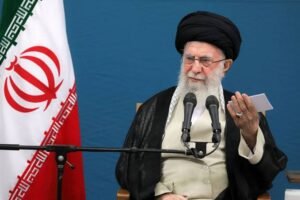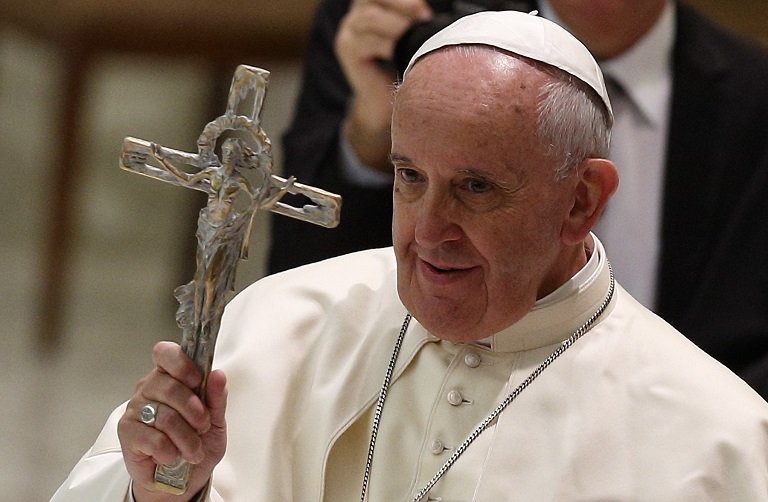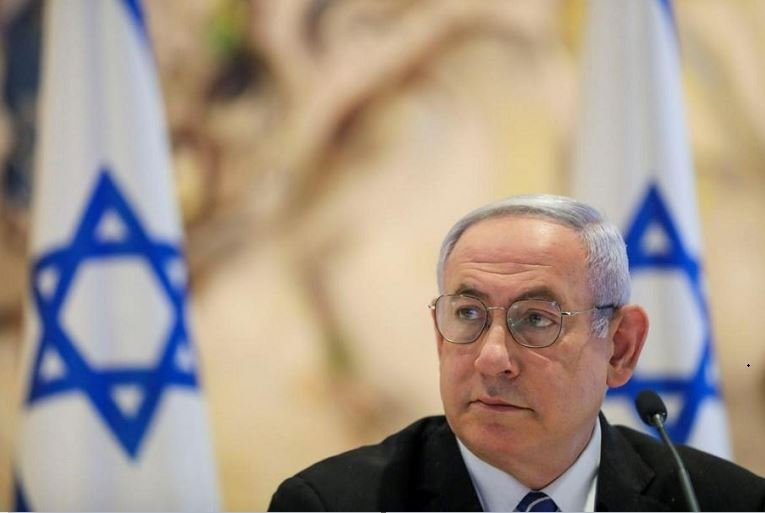
Pope Francis will travel to the eastern periphery of Europe to honor a faith that withstood a Nazi invasion and five decades of communist dictatorship.
The pope’s visit Sept. 22-25 to Lithuania, Latvia and Estonia comes in the year the three Baltic nations are celebrating the 100th anniversary of their declarations of independence after World War I.
While declared Soviet republics in 1940, the countries were occupied by the Nazis during World War II and then lived under Soviet rule from 1944 to 1990.
St. John Paul II visited the countries in 1993 as they were at the beginning stages of solidifying democracy and living with full religious liberty.
Looking at the statistics of Christians in the three countries, Lithuania is overwhelmingly Christian 93 per cent and three-quarters of its adults identify as Catholic.
READ: Nigerian soldiers drain pond in search of Maj. General Alkali
The adult population of Latvia also is mostly Christian 77 per cent, but the share of Catholics in the country is smaller 23 per cent.
Substantial portions of Latvia’s population are Orthodox Christians 31 per cent or Lutherans 19 per cent.
By contrast, about half of Estonians identify as Christian 51 per cent, and only 1 per cent of the country’s adults say they are Catholic.
As with Latvia, numerous Estonians are Orthodox 25 per cent or Lutheran 20 per cent.
Most other Estonians 45 per cent – and about one-in-five Latvians 21 per cent – are religiously unaffiliated (those who identify as atheist, agnostic or “nothing in particular”).










